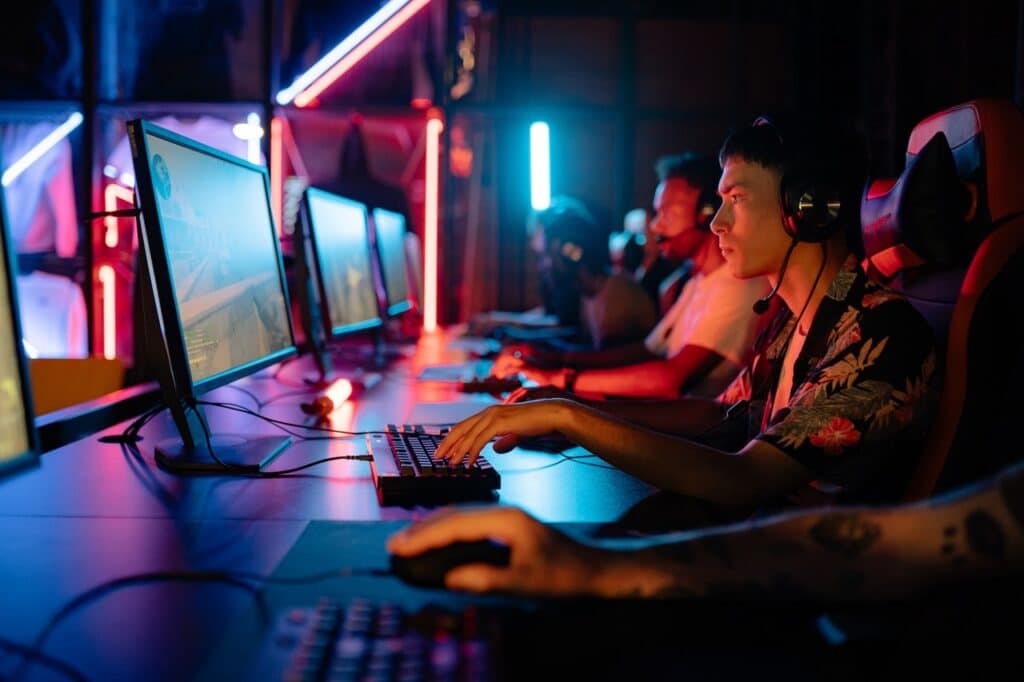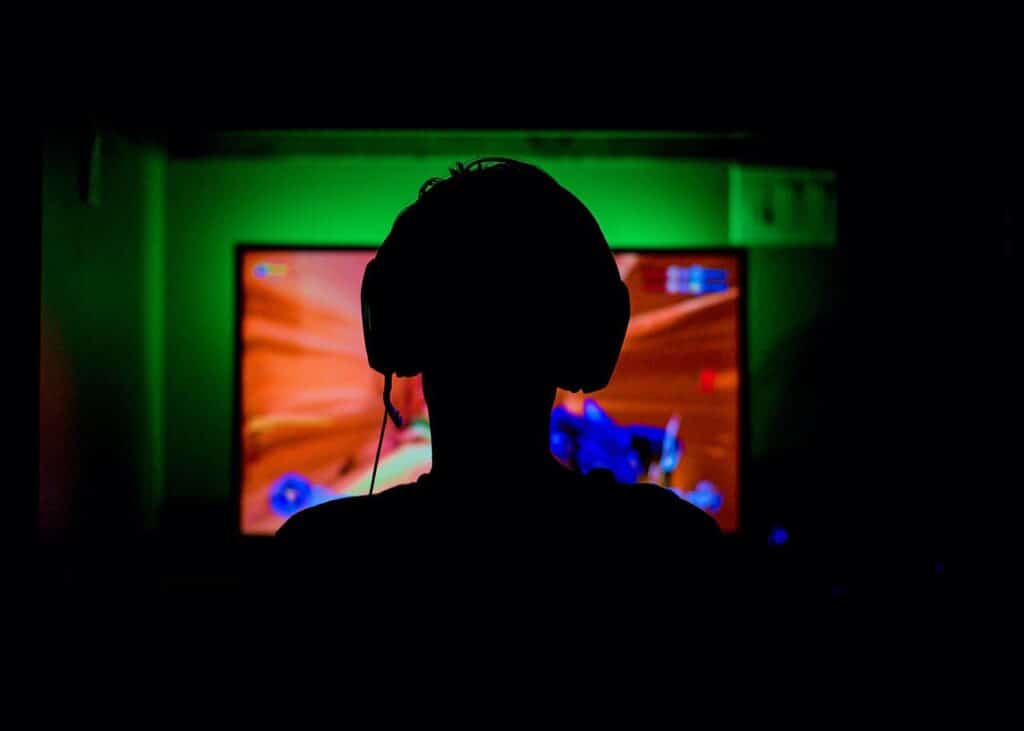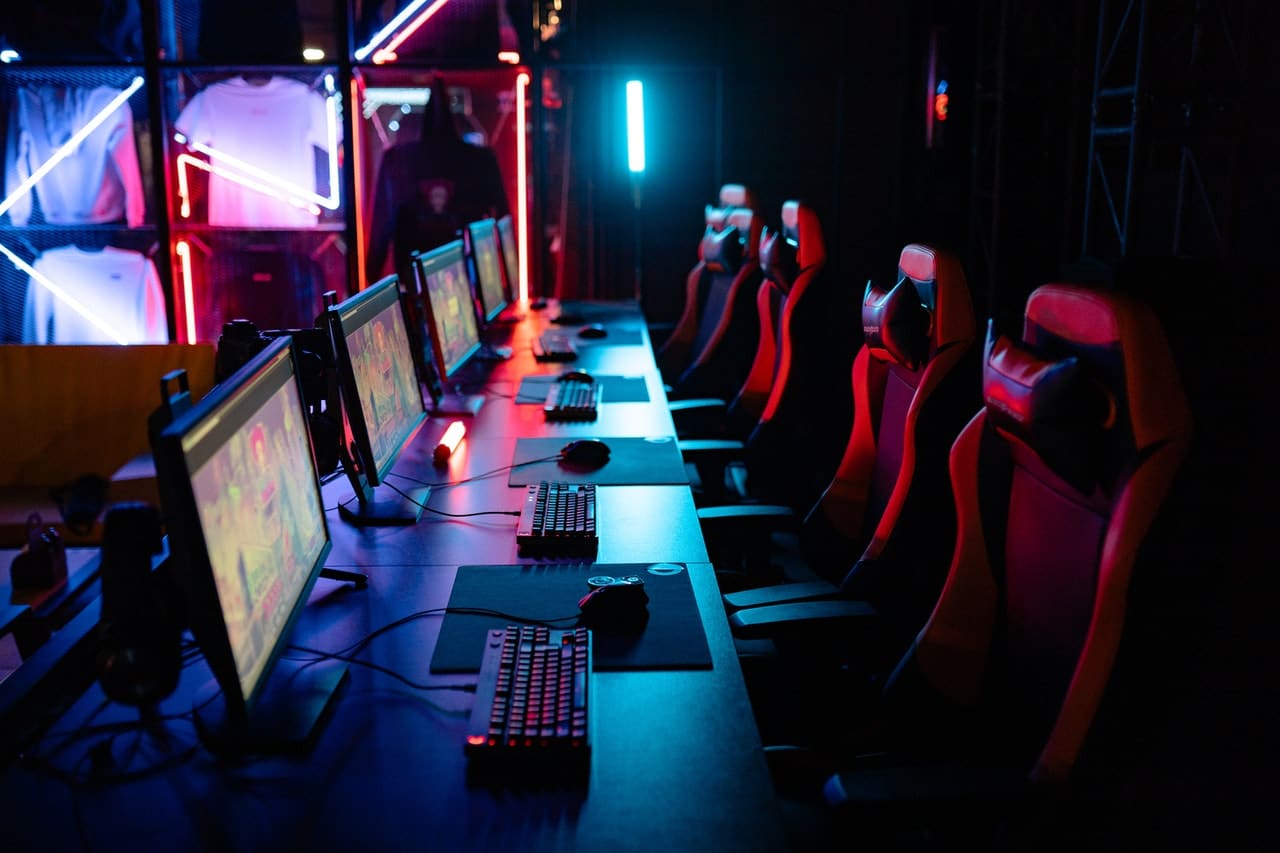Since last weekend on the Net, a murmur has been raised which quickly exploded into a cry of denunciation: the sale LAN italianenerve centers for players and e-sportsmen, have ended up in the sights of the e Government have been closed. Indignation and criticism have arisen from all sides, however not all the stories have represented the reality of the facts, so let’s try to shed some light.
Closed the LAN rooms, the starting point
Let’s go in order: on 21 April 2022, Sergio Milesi, CEO of Led Srl and owner of the Joyvillage chain, sent a complaint to the authorities in which he actually asked that theExcise, Customs and Monopoly Agency (ADM) initiated investigations on the entire sector of LAN rooms. The accusation made by the owner of amusement arcades and slot machines is that this kind of premises is inclined to use non-approved machinery to impose unfair competition. In other words, according to the accuser, the hired PCs are not controlled and, on the contrary, are abandoned to anarchy and speculation.
Milesi supports his thesis by citing the Directorial Determination 172999 / RU of 1 June 2021, which defines the administrative rules that public places must comply with regarding the installation and use of “entertainment devices”, or cabinets and coin carousels, but not only. Referring to art. 110, paragraph 7c-ter, of the TULPS, an entertainment device can in fact also be a “mechanical or electromechanical tool, for which access to the game is regulated without introducing money but with use for a time or for a purpose”.

A serious situation, but not a mass one
On April 29, some managers of eSport bars received a visit from the police, who proceeded with the administrative seizure of assets. Four companies ended up in the crosshairs of the institutions, one of which, however, managed to present the application for the release / replacement of the authorization for the devices, avoiding the worst. Shutters lowered for the PC Teklab in Melzo, for the eSport Palace in Bergamo and for the Playground in Rome. But a doubt remains: were the companies under seals actually breaking the law?
The question is murky and moves on to a series of administrative ambiguities extremely vast. Specifically, it is necessary to understand whether the “entertainment devices” that refer to constantly updated foreign servers can be technically approved and if, in the case, the computers and consoles that are made available should also be taken into consideration. of users free of charge. ADM addresses these issues with Circular No. 14 of April 26, 2022, strongly arguing that there are no exemptions, that the provisions are all valid and that the tax on entertainment must always be paid.
The danger of a ripple effect
The rigid government perspective has paved the way for absurd administrative drifts. Taking the words of the Agency literally, many trade fairs, events and electronics stores could not even make video game testing stations available to the public. Such an uproar has arisen that ADM reacted promptly and on 2 May published a press release in which it reassured that “all sector events, including thematic fairs and gaming in the Lan rooms themselves, do not they are in no way prejudiced if carried out in compliance with the rules of the sector “. Notice the “if”.
The situation is made even more complex by the fact that the debate was born and raised in the Internet context, that is, in a reality that is certainly not famous for the adoption of calm and sober tones. Carrying the label of #LANgate, the case has already ended up at the center of confused opinion, of populist-libertarian political attention and generic misunderstandings. In an attempt to find a solution it was then formed a representation of owners of LAN centers with the aim of quickly creating a discussion table that includes ADM, the Ministry of Economic Development (MISE), but also video game developers, federations and the Italian National Olympic Committee (CONI), which deals with also of export.

Uncertain future prospects in a constantly evolving tech world
The events that led to the current situation will soon be clarified by diplomats, lawyers and financiers, but the point remains that those three LAN rooms are still closed and that probably many others could run into the same fate, if thorough checks were carried out. The managers of the spaces therefore have no choice but to rely on public visibility, on the Internet, perhaps on entertainment programs with sensational tones. In short, put pressure on the slow state machinery so that the episode can be resolved.
Be warned though, the resolution is complex. Technology is advancing at such a speed that governments around the world cannot keep up with regulations, let alone with controls. The “gaming zone” sector presents today still smoky administrative and tax challenges, with both sides having to work hard to find a satisfactory compromise.













Leave a Reply
View Comments